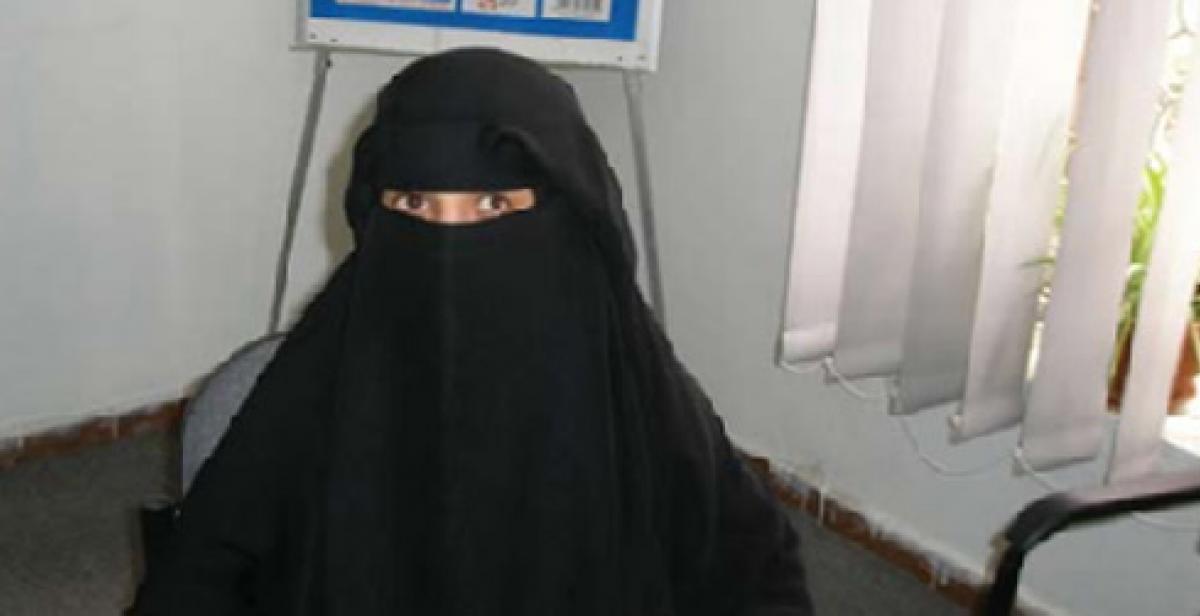Earlier this week I was lucky enough to attend the launch of an important new paper on faith and development. But why does this issue matter to a development agency like Progressio?
First, it matters because in many countries around the world religion is central. For example, in Malawi, church agencies provide a huge amount of social support and practical help to some of the poorest people in the country. In Somaliland, religious leaders are listened to by government - what they say about human rights, democracy, or social service provision, can make a big difference to political decisions. And in Haiti, religious belief is central to cultural practices and community life.
For development workers in countries like these, understanding religious dynamics and being able to engage in a constructive way with them will lead to many opportunities to help poor and marginalised people. For example, it may be possible to collaborate on specific programmes of work with faith based organisations. But if not, then simply having a better understanding of the values and beliefs of the society that you are trying to support will be invaluable. Indeed, when religious adherence is high, attempting to deliver development work without taking into account the religious dynamics would make failure much more likely.
Making it work in practice
One useful example in our own programme is from Yemen, where we work on HIV. Because religious and cultural beliefs associated with HIV are so strong in Yemen, we wanted to work with religious leaders to address the issue. Somia, a murshidat (a female religious guide) told us recently of her experience on the programme:
"We had no idea how HIV was transmitted. It was more like a shame – because the first thing you think of is sex and sex [outside of marriage] is associated with shame. After the education I received, I learned how HIV is transmitted and how to work with people living with HIV as normal human beings.
People living with HIV have rights like anyone else – they have a right to education, health, employment, etc. I participated in a workshop in Egypt and we met people living with HIV from all over the world. We heard their stories, their sufferings, and we learned about their situations. Also, we realised that we have a responsibility to people – to help them avoid becoming infected with HIV.
We [the murshidats] started doing group work in houses and mosques on HIV prevention. In 2009, with the cooperation of Progressio, we delivered many lectures in mosques for marginalised communities. We started to work with women on accurate information and doing home-based care with people living with HIV."
Because the effort was made to work constructively with these religious leaders in Yemen, they have become important allies in the fight against HIV.
It is practical examples such as this from our programme work which made us keen to take part in DFID's working group on faith and development, and why we are pleased to welcome the principles paper and action plan which the Archbishop and the Development secretary launched this week. The paper describes the different ways DFID in particular may work with faith organisations, and sets out a number of "partnership principles" for managing these relationships, chief amonst them mutual respect, transparency, and understanding.
High level support
International Development Secretary Andrew Mitchell said of the initiative that it would lead to "closer working and understanding between DFID and groups from across the spectrum of faiths, working towards the same common purpose." The Archbishop of Canterbury Dr Rowan Williams warmly welcomed the paper, calling it a "watershed moment".
Dealing with difficulties
But beyond the purely practical, there's a deeper reason too. There are sometimes serious differences between secular and faith-based organisations, despite their common concern to tackle poverty. Sometimes these come down to an unacknowledged difference of values. Sometimes religion may be misused as an excuse to oppress or stigmatise. And sometimes prejudices about faith lead to marginalisation. DFID's initiative also offers suggestions for tackling the times when the religious and secular worlds clash.
Read a longer interview with Somia, and more stories from our report 'Prayer alone is not enough', on our HIV and faith page
Tim Aldred is Progressio's Head of Policy and Communications.
Photo: Somia, a murshidat (a female religious guide) working with the Department for Religious Guidance in Sana'a, Yemen. (Photo © James Matarazzo/Progressio)



